1971 war crimes: Bangladesh court stays JI leader's exectution
Bangladesh's highest court stayed the hanging till 10.30am on Wednesday.
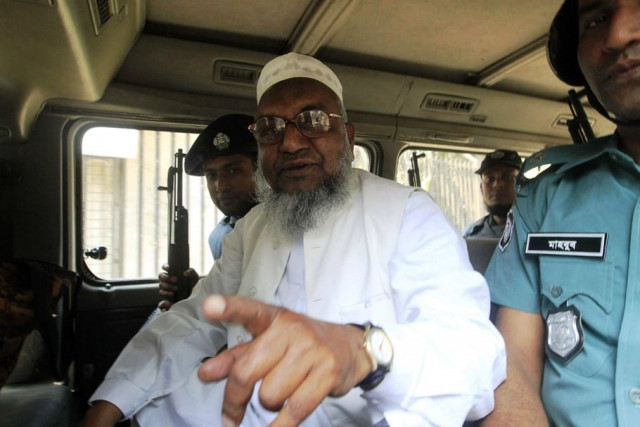
JI leader Abdul Quader Molla had been sentenced to death for committing atrocities during the 1971 war. PHOTO: REUTERS/FILE
"The chamber judge of the Supreme Court has stayed the hanging until 10.30am tomorrow (Wednesday)," Abdul Quader Molla's defence lawyer Shishir Munir told AFP.
Earlier, Bangladesh ordered to hang Jamaat-e-Islami’s senior leader Abdul Quader Molla after midnight on Tuesday having already been convicted of mass murder and rape during the country's 1971 war, officials said.
Bangladesh's secular government is going ahead with the execution despite a global outcry with two UN experts and a rights group saying the 65-year-old leader of the Jamaat-e-Islami party should have been allowed to appeal to the country's highest court.
Security has been tightened outside the jail in Old Dhaka where Molla is set to become the first person executed for war crimes dating back to Bangladesh's bloody birth, amid worries the hanging could trigger massive protests in the unrest-plagued country already reeling from political violence.
At least 224 people have died in battles between opposition protesters, police and government supporters since January this year.
"He will be executed after 12.01pm (1801 GMT) tonight as all legal process has been exhausted," Bangladesh's deputy law minister Quamrul Islam told AFP.
"In the presence of two magistrates he was asked whether he would seek pardon from the president, he said no."
Prisons chief Main Uddin Khandaker confirmed that all preparations have been made to carry out the execution and Molla's family has been asked to meet Jamaat's leader one last time.
Twenty-three members of his extended family entered the jail to meet him, an AFP correspondent at the scene said.
On Sunday, a tribunal signed an execution order for Molla, and sent it to the main jail in the capital Dhaka, raising speculation that the former journalist could be hanged any moment.
New York-based activist group Human Rights Watch and two UN Special Rapporteurs have warned that by executing Molla without giving him the opportunity to appeal for a review, the country could be breaking international law.
"What logic do they have to stop the execution?" minister Islam told AFP when asked about the criticism from rights experts.
"Did they stop the execution of Saddam Hussein?" he said referring to the former Iraqi dictator who was hanged in December 2006.
Molla was convicted of rape, murder and mass murder including the killing of over 350 unarmed Bengali civilians. Prosecutors described him as the "Butcher of Mirpur", a Dhaka suburb where he committed most of the atrocities.
A domestic war crime court had originally sentenced him to life imprisonment in February, but the sentence prompted protests by tens of thousands of secular demonstrators who viewed it as too lenient.
Under pressure, the government amended the war crime law retroactively to allow it to appeal the sentence and seek the death penalty, which the Supreme Court then handed down in September.
UN expert Gabriela Knaul argued that any death sentence had to be "reviewed by a higher tribunal, as laid down in the International Covenant on Civil and Political Rights to which Bangladesh is a party."
Defence lawyers and Knaul said the Supreme Court should have reviewed its own verdict, as enshrined in the country's constitution, which the government rejects.
Bangladeshi laws allow review of any death sentences in the Supreme Court, but prosecutors said there is no such provision in the special war crime laws, which were enacted to prosecute suspected war criminals.
New York-based Human Rights Watch said the execution order was "particularly reprehensible" because the laws to hang Molla "were retroactively passed" in order to enable the death penalty, and where the right to appeal is not allowed.
Bangladesh regularly carries out the death sentence but it would be the most high profile execution since January 2010 when five ex-army officers were put to death over the assassination of the country's founding leader Sheikh Mujibur Rahman.

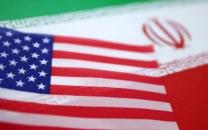

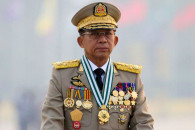
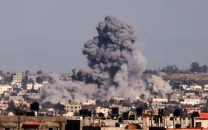

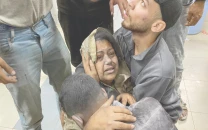












COMMENTS
Comments are moderated and generally will be posted if they are on-topic and not abusive.
For more information, please see our Comments FAQ